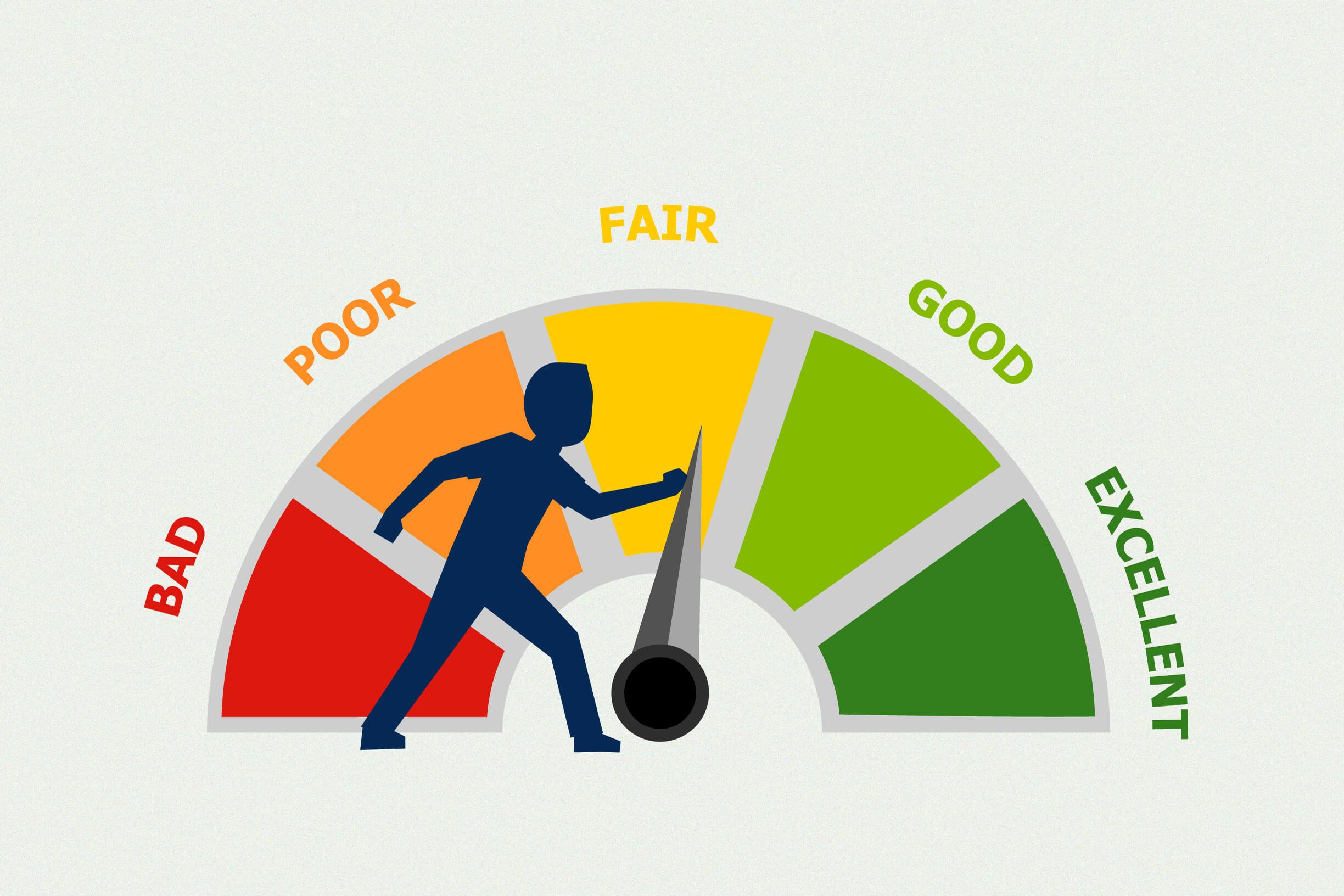Finance
Tips to Boost Your Credit Score

According to recent data estimates, over 50% of Americans‘ have been turned down for financing due to poor credit. A poor credit score hurts your chances of owning a home, financing a project, or furthering your education. In this piece, we share some tips on how to boost your credit score and gain access to any financing you need.
Read on to learn more.
Table of Contents
Why Should You Have a Positive Credit Score?
Credit scores apply in your daily life, whether applying for financing or seeking a rental property. That’s why you can afford to retain that poor credit score.
A positive credit score is vital for:
- Breezy getting financing
- Your potential landlord won’t give you a hard time
- Enjoy unbeatable auto and homeowners insurance
- Be better armed for the future
- Enjoy numerous benefits and rewards such as exclusive events invites and reward points
- Build a positive rapport
Now, those credit score tips:
Pay Your Bills on Time
Your payment history makes up 35% of your score, making it the dominant part. Over a third of your credit score is determined by how well and promptly you clear debts. Long histories build trust with lenders and demonstrate reliability much more effectively than periodic payments made over a short period.
In some cases, it might be better to make smaller monthly payments over a long period instead of paying off an entire balance at once if doing so would cause an interruption in your payment history.
Consider Debt Consolidation
Debt consolidation is when you take a major loan to offset other (high interest) loans. Getting a home equity loan with bad credit is possible to consolidate your debts. However, be wary as taking on more debt when you have a less-than-ideal repayment history might worsen a dire situation.
You can also wait until the negative items to age off your credit report before trying to take out a home equity loan. It will take longer to pay off your existing debts, but it will be much easier for you to qualify for the lowest interest rates with a good credit score.
Keep Your Balances Low
Keep your balance low on credit cards and other “revolving credit.” A $500 balance on a card with a $1,000 limit (or 25%), is better for your score than having a $2,000 balance on the same card (even though it’s still only 50%). The former amounts to you using only 1/4th of your available credit, which is good news for your score.
It may seem hard when you’re living paycheck to paycheck or trying to make ends meet by month’s end. Nevertheless, try not to use more than 30% of your overall credit limit across all cards combined. You should pay those card balances down as much as possible each month and make sure they don’t exceed 30%.
Also, Check – Why It’s Not Too Late to Invest in Bitcoin
Pay Off that Debt Rather Than Moving It Around
The basic idea here is simple: pay off your debt rather than move it around to avoid paying interest.
Credit card companies will try to convince you to transfer your balances from one card to another. They’ll claim you are saving money by taking advantage of their low introductory rates or consolidating accounts makes managing your finances easier.
Don’t fall for such tricks. You’ll still pay interest and probably more of it—and these offers may even come with fees, which is the ultimate insult.
Closing Unused Cards Won’t Improve Your Credit Score
If you’ve got a bunch of old credit cards lying around, don’t close them as a short-term strategy to improve your credit score. New accounts will lower your average account age, having a larger effect on your scores than closing the old ones.
You can use older credit cards now and then, so they show up on your report as being active. However, you’ll want to keep them in good standing by paying off the balances each month.
Pro tip: You are entitled to a free annual credit score check via AnnualCreditReport.com. Go ahead and check it!
Yes, having a low credit score can be detrimental to a positive financial future. Fortunately, getting a home equity loan with bad credit is now possible. When you implement these credit score tips, you are a step away from becoming a property owner.

-

 Business3 years ago
Business3 years agoHow to Do Long-Distance Moves with Children
-

 Travel2 years ago
Travel2 years agoQuick Guide: Moving To Santa Rosa?
-

 Real Estate3 years ago
Real Estate3 years agoWhy Dubai Festival City is a Great Neighbourhood for Young Learners
-

 Business3 years ago
Business3 years agoIs Guest Posting a Good Inbound Marketing Strategy?
-

 Business1 year ago
Business1 year agoThe Ultimate Guide To Thriving In Your Printing Franchise
-

 Business1 year ago
Business1 year agoExploring The Benefits And Challenges Of Restaurant Franchising
-

 Tech3 years ago
Tech3 years agoCyber Table That Will Change Your Life
-

 Lifestyle1 year ago
Lifestyle1 year agoDallas’ Hidden Gems: 6 Must-Try Restaurants Off The Beaten Path!









Recent Comments